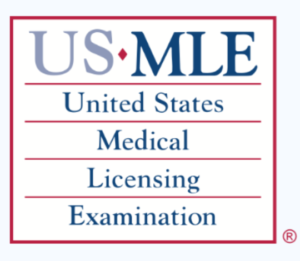Board must consider applicant’s disability when deciding whether to accept his passage of licensing exam on fifth try
 An applicant who was diagnosed with anxiety disorder after failing the licensing exam too many times must be given the chance to argue in court that the state medical board owed him another try on the test, the Calif. Court of Appeals, 2nd Appellate Division, ruled October 22.
An applicant who was diagnosed with anxiety disorder after failing the licensing exam too many times must be given the chance to argue in court that the state medical board owed him another try on the test, the Calif. Court of Appeals, 2nd Appellate Division, ruled October 22.
Federal law requires that board regulations and state statutes must be in compliance with the Americans with Disabilities Act, which mandates accommodation in such cases, the court said.
After graduating from medical school, physician Tajinder Singh passed the first two steps of the U.S. Medical Licensing Examination (USMLE), but failed the third step four times starting in 2015. In 2017, Singh was diagnosed with anxiety and began taking medication to treat it. While using that medication, he took the examination a fifth time, this time successfully.
Unfortunately for Singh, in California, where he was pursuing licensure, state law requires that applicants pass the exam within four tries. Singh appealed to the state’s medical board to allow him a fifth attempt, arguing that his anxiety entitled him to an exception under the ADA. When the board denied his request, Singh filed for a writ of mandamus to force it to allow him to continue pursuing licensure.
A trial court held that Singh had not alleged an actual duty on the part of the board to issue him an accommodation or facts sufficient to sustain an action, dismissing the case. Singh appealed to the state Court of Appeals, 2nd Appellate Division, which agreed with him that his case should be heard on the merits.
Before the court, the board argued that Singh did not meet the requirement of the Americans with Disabilities Act that he be “otherwise qualified” to license despite his disability. Because Singh had taken the test four times, the board argued, he was categorically ineligible for licensure and the Act did not apply to him because no accommodations could be given; the board argued that it had no authority to allow him a fifth try.
The court did not agree. All of the board’s arguments that Singh was not “otherwise qualified” “rest on the same faulty premise,” Justice John Segal wrote. “That the four-attempt rule is an essential eligibility requirement (and any modification of it would be an unreasonable accommodation) because it is statu-tory.” But both state statutes and regulations must be in compliance with the Act.
The board had also argued that adding a fifth attempt would fundamentally alter its licensing program, but the court held that the question was not one to be categorically decided; the answer would depend on the facts of Singh’s case.
The court remanded the case to the trial court for Singh to prove his disability case on the merits.

